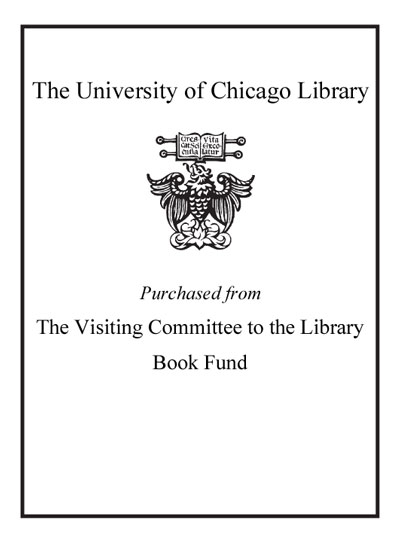Review by Choice Review
Books in the "Understanding Modern European and Latin American Literature" series are meant to provide students, scholars, and nonacademic readers with an introduction to the lives and major writings of prominent modern authors. But Rosenfeld's book on Austrian-Jewish prose writer Joseph Roth (1894-1939) is much more than a companion guide to the writings and world of its intriguing subject. It is a penetrating study, sensitive, beautifully written, and filled with useful information and critical insights that will lead any reader to a deeper appreciation and understanding of an enigmatic and very elusive writer. Rosenfeld (emer., Oberlin College) examines the various phases of Roth's literary career: the early years that witnessed his development as a novelist (1923-29); the pinnacle years (1930-32) when he published two masterworks, Job and The Radetzky March; and the years of exile in Paris following Hitler's rise to power (1933-39). Rosenfeld explores the causes of Roth's apartness and alienation from society, his feelings of nonidentity, and the inner conflicts that led to his premature death--and in the process, he brings the reader ever closer to this remarkable writer without a homeland. All academic collections. R. A. Zipser University of Delaware
Copyright American Library Association, used with permission.
Review by Choice Review

